Shell has announced it has bought a stake in US biotech company Virent Energy systems, starting a joint
technology programme looking to convert plant sugars directly into diesel.
The oil company said it had been conducting a joint research and development effort to make biogasoline from plant sugars with Virent since 2007, culminating late last year in the start-up of a pilot plant.
As part of an expanded relationship, Shell has become an investor in Virent and taken a seat on Virent’s board of directors. Shell added that the existing joint research and development agreement would also be expanded to include research into the production of diesel.
Shell stated: "Traditionally, biodiesel has been made from vegetable oils. This new joint technology programme will investigate Virent’s BioForming process as a means for converting plant sugars directly into diesel. The sugars could eventually be sourced from a range of non-food feedstocks such as sugarcane bagasse, corn stover and other agricultural residues."
It added that diesel produced with the BioForming technology process would have the same properties as conventional diesel. It would not require specialised infrastructure and could be transported through existing pipelines. The fuel could also be blended with conventional diesel in higher concentrations than conventional biodiesel.
"This investment demonstrates Shell’s confidence in Virent’s catalytic biofuel production processes," said Luis Scoffone, vice president of Alternative Energies at Shell. "The expansion of our joint technology programme to include research into the production of diesel from plant sugars offers considerable potential and complements Shell’s wider biofuels portfolio."
Meanwhile, Shell has unveiled a package of innovations called Smarter Mobility which it said was aimed at "speeding up the global shift to cleaner, more energy-efficient road transport". Lanched at Michelin’s Challenge Bibendum sustainable mobility conference, it included ideas on the smarter use of new additives in fuel, more efficient lubricants and new plastics to allow manufacturers to create lighter, more fuel-efficient vehicles. It has also offered a service for fleet operators to track fuel use while recommending different speeds, routes and driving styles to optimise economy.
Shell added that it was helping to develop a more energy-efficient global road transport infrastructure. This includes a process designed to produce and lay asphalt at lower temperatures called the Shell WAM Foam Process which reduces overall energy consumption by between 25-35% compared to conventional asphalt.





















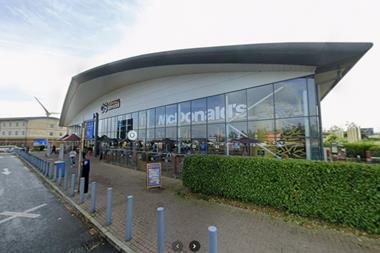
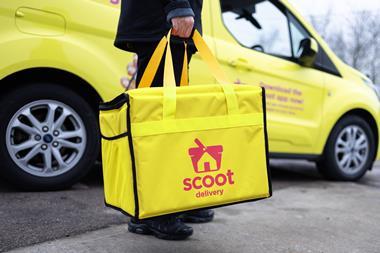

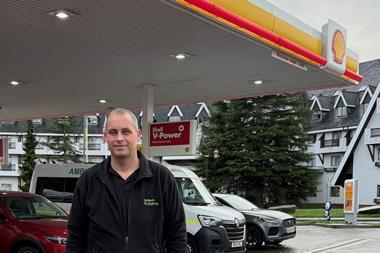




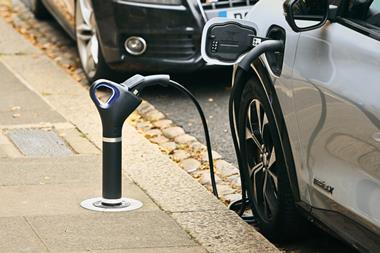
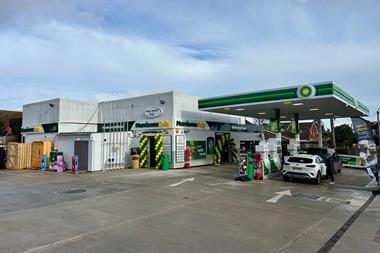
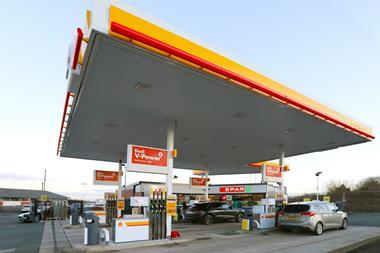
No comments yet